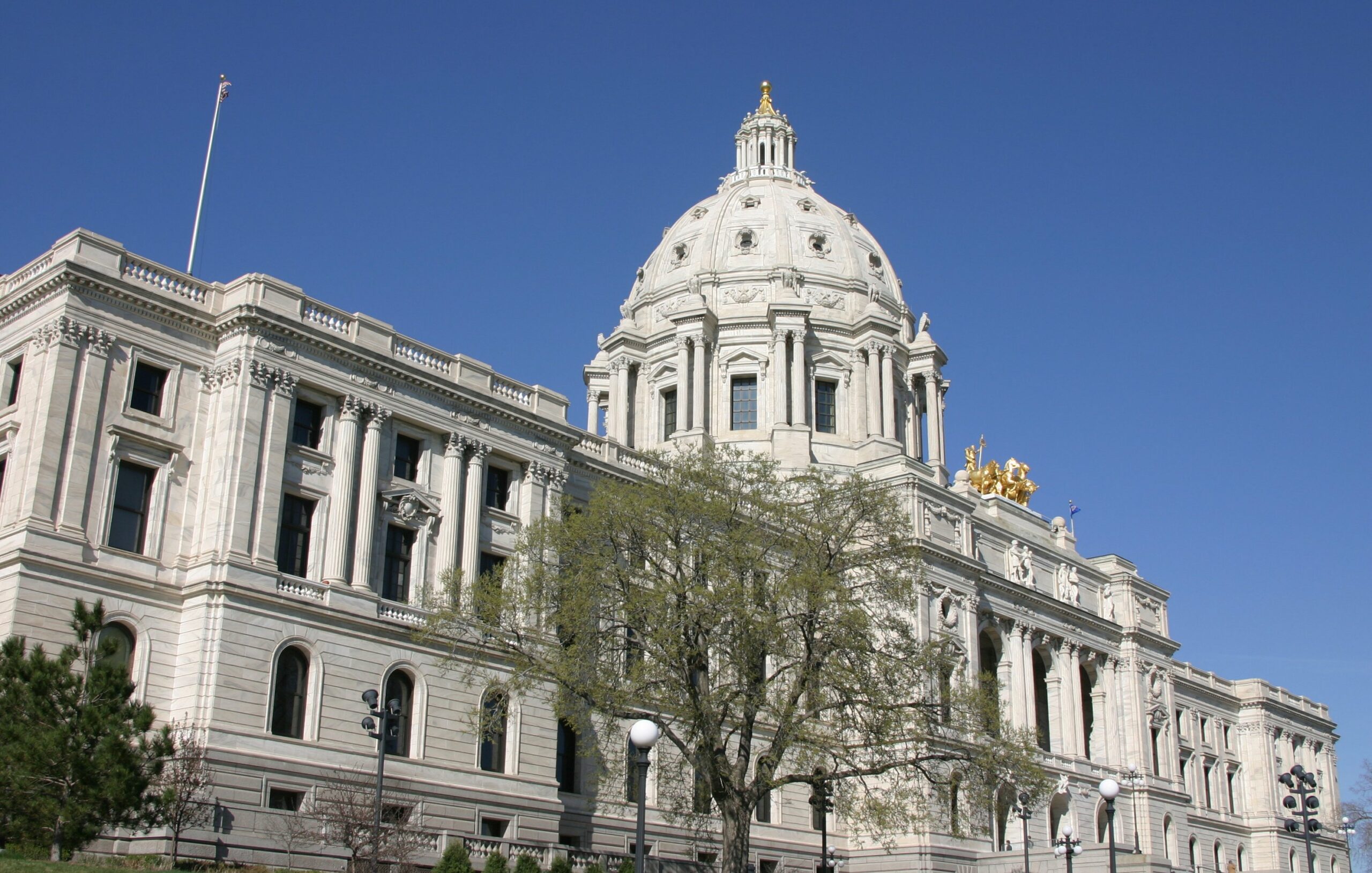

Share
Minnesota legislators adjourned their regular session last week with the framework of a two-year budget in place, but the agreement merely sets the stage for another round of negotiations over spending and policy details.
That gives the state’s unions one last opportunity to push their legislative priorities – like crisis relief, paid leave and protections for working people – as lawmakers prepare for a special session beginning June 14.
Several labor groups joined the state’s largest labor federation, the Minnesota AFL-CIO, in a joint letter to Gov. Tim Walz and lawmakers yesterday as they began meeting in post-session working groups. The letter outlines measures – many of which have already passed in the DFL-controlled House – that unions want to see included in the final jobs bill.
“Working Minnesotans are hurting,” the letter says. “More than a year of pandemic-induced economic hardship, risks and sacrifice on the job, and civil unrest has exhausted workers and made existing racial and economic inequities even worse. Working people need their lawmakers’ help.”
[Individual supporters can sign onto the letter here.]
Unions want to see lawmakers create or extend benefits for workers who have struggled during the COVID-19 pandemic, like enhanced unemployment insurance, pandemic pay for frontline workers and a “right-to-return” guarantee for former employees as the hard-hit hospitality industry continues to recover.
Hourly school employees have been fighting for years to change a state law barring them from access to unemployment insurance. But the fight took on new urgency when schools shut down in-person learning last year, leaving thousands out of work.
“The path is not closed yet, but the road is narrowing,” SEIU Local 284 Executive Director Kelly Gibbons said, noting that the statewide association of school boards is fighting the measure.
“These are usually jobs where it’s women and people of color working with the children, working day in and day out, and they have no work in the summer and can’t get unemployment,” said Gibbons, whose union represents 7,000 school support staff statewide. “This is just so discriminatory.”
Making essential workers whole
Workers who could not stay home during the pandemic, meanwhile, aren’t giving up their fight to secure emergency paid leave, including retroactive benefits, for hours lost due to the pandemic.
Many health care workers, janitors, educators, warehouse and other workers burned through their paid time off – and often took unpaid leave – after being exposed to the coronavirus, or to provide care for family members.
In a roundtable discussion with Walz, Minnesota Nurses Association President Mary Turner, a nurse in North Memorial Hospital’s COVID ward, said members of her union have lost 23 hours, on average, during the pandemic.
“Nurses didn’t bat an eye. We walked into the unknown – a horrible unknown,” she said. “We’ve had to face going to our job unprotected because we did not have the PPE we needed. We’ve had to put ourselves and our families at risk for over a year, and many have died.
“We’ve been there from the beginning, and we’re not leaving the front line. But we need justice.”
Building back safely
Other priorities unions will push in advance of the special session include jobs-creating investments in infrastructure and recovery from civil unrest in St. Paul and Minneapolis last summer.
Although the Legislature typically takes up so-called bonding bills in even-numbered years, House DFLers have advanced a $1 billion proposal to take advantage of historically low interest rates and ease uncertainty in the construction industry.
Minnesota’s Building Trades unions have backed the measure, and they are also pushing a new law that would require contractors at oil refineries – like the Marathon facility in St. Paul Park, where workers are sounding the alarm about safety concerns – to hire workers who have completed registered apprenticeships.
“More than 1,000 Minnesotans have called legislators to pass the refinery bill,” said Joel Smith, president of the Laborers District Council of Minnesota and North Dakota. “It is critical that lawmakers use this time to take action to keep refinery workers and nearby communities safe by requiring the use of a skilled workforce.”
School funding set
Although much of the Legislature’s work remains unfinished, the budget deal reached last month does offer certainty to public school districts and their employees, who had been bracing for layoffs this spring.
The $52 billion biennial budget would increase K-12 education funding by 2% in each year. While that’s enough to prevent the layoffs many educators feared, Education Minnesota President Denise Specht said, it falls short of the sustainable investment public schools need and deserve.
“Minnesota schools should be a place where every student can succeed, no exceptions,” she said. “This budget should stem the tide of harmful local budget cuts, but educators throughout the state want to be able to promise their students and parents that their local school will have the resources to meet the needs of all students for years to come. We can’t do that today.”
The statewide educators’ union delivered a petition with over 20,000 signatures to lawmakers, calling on them to increase taxes on corporations and the wealthiest Minnesotans to make up for investment gaps over the last decade-plus that have left schools underfunded.
Walz initially included the tax hike in his budget, but it was left out of the final agreement, which, instead, would tap into flexible funding from federal pandemic aid to cover proposed spending increases.
“While we’re disappointed the education spending in the final budget deal wasn’t closer to earlier budget proposals from the governor and the House, we are hopeful the final budget will limit layoffs and allow some schools to rehire educators who have already been pink slipped,” Specht said.

